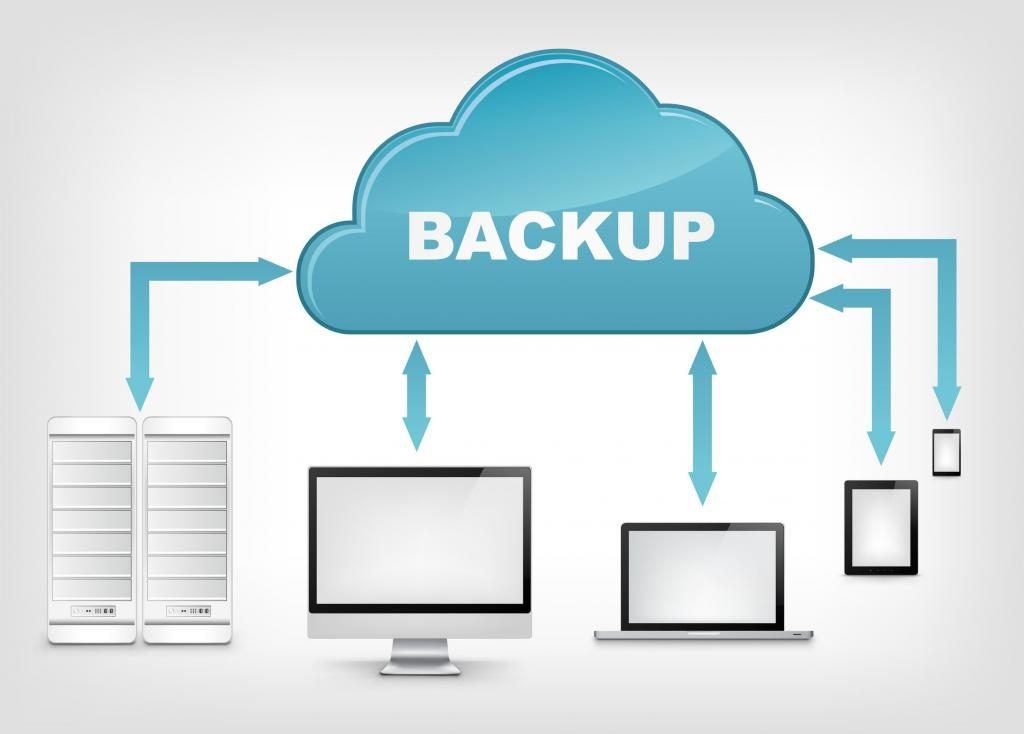Business Computer Backup: How To Backup Your Computer To The Cloud

Cloud backups are the easiest form of backup to set up and maintain, and most services allow access to your files from various platforms. And learning about business computer backup is very important. To backup your files, create an account, download software, and input your account information. After this process, every time your computer goes […]
What’s The Key To Cloud Migration Success? Flexibility!

Cloud computing has exploded in popularity, with an increasing number of businesses turning to the cloud to meet their IT infrastructure needs. And the key to cloud migration is flexibility! When selected wisely, cloud services are cost-effective and reliable. They increase your ability to work productively and take on more complex tasks and larger stores […]
Cloud Computing for Business: The Many Benefits of Using Cloud Servers

A cloud server refers to a virtual server that runs on a cloud computing environment. This explains why cloud servers are commonly called virtual dedicated servers (VDS). Undoubtedly, there is plenty of buzz about cloud computing for business. If you’re interested in using cloud servers, here is some information about the benefits. Cloud Computing for […]
The Hype About Cloud Hosting

“Progress is a nice word. But change is its motivator. And change has its enemies.” Robert Kennedy Let’s face it. Change can be hard. This is especially true when entire industries have to go through growing pains. Think about how frustrating it was when the home video industry changed up on Blockbuster. They had a […]
Choosing Cloud Services: Are You Ready To Make The Right Decisions?

An increasing number of businesses rely on cloud services for at least some of their computing needs. The Motley Fool recently compiled a thought-provoking list of cloud computing stats – among them an estimate that by 2019, we’ll see over twice as much spending on public cloud services than we did in 2015. Are you […]

